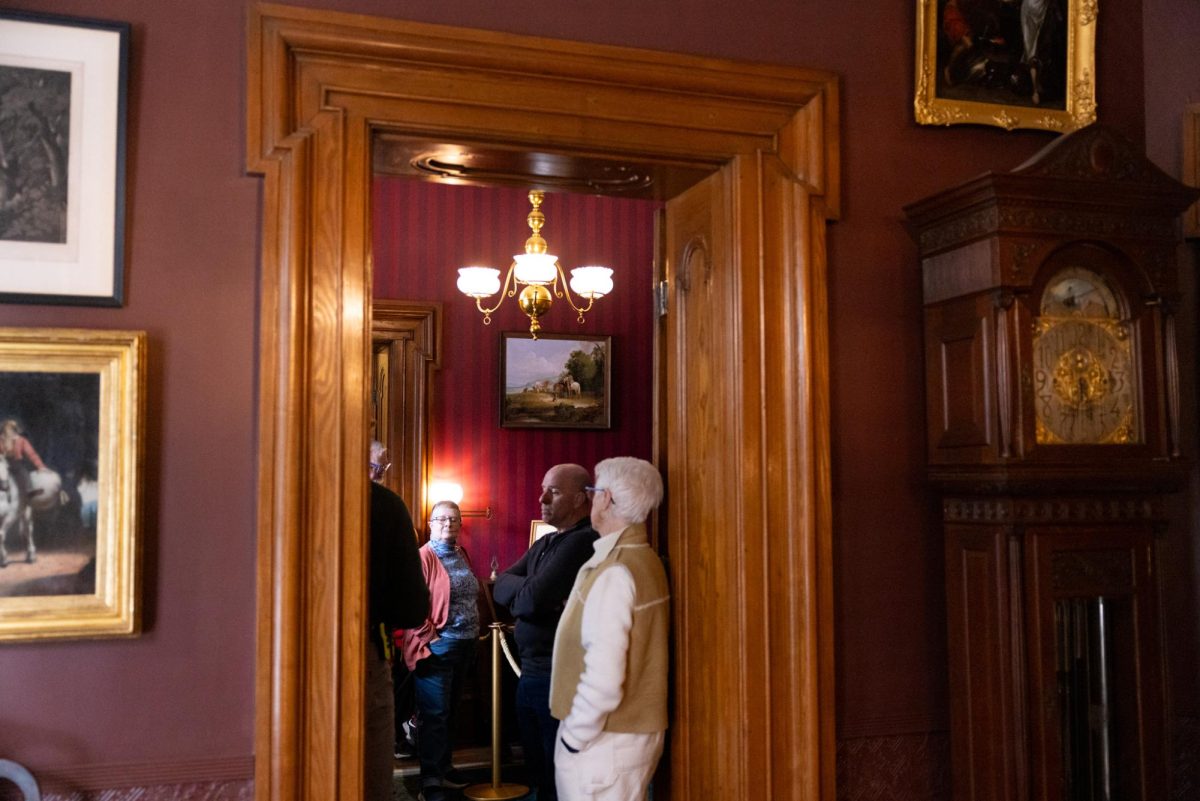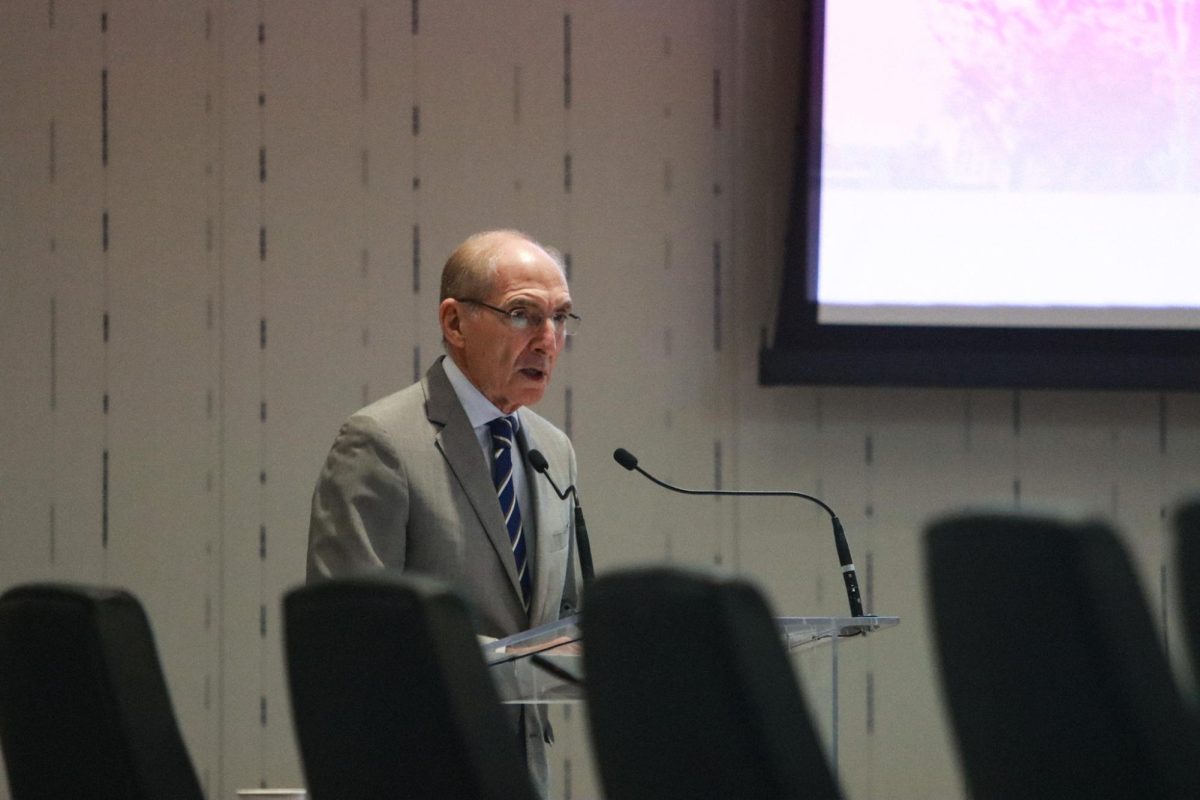Black History Month is a month designated to remembering and celebrating Black history and culture, and for the Henry Clay Memorial Foundation that means sharing the stories of those enslaved.
On Monday, Feb. 17 the Henry Clay Memorial Foundation hosted its newest tour, “When Reason Sleeps, Brutality Walks Free” which shares the experience of the laborers at Ashland, according to the Henry Clay’s event website.
Sue Andrew, the estate’s secretary, said this was an important tour that celebrates the life and legacy of those who worked at Ashland.
“The enslaved people, and then later the freed African Americans, it’s their domestic labor that allowed these families to live a life of luxury,” Andrew said.
Ian Paine, associate curator and volunteer coordinator guided the tour that Monday afternoon and said the goal of the tour was to put the guest in the shoes of the laborers.
One way they do this is by focusing on the story of the Dubuy family. According to the Henry Clay Memorial Foundation, the Dubuy’s were one of the 140 enslaved at Ashland, only six of whom were freed.
“When you hear stories about Lotte (Charlotte) Dubuy,” Andrew said. “That as an enslaved Black woman she was suing the secretary of state of the whole of the United States, it epitomizes courage, determination, persistence and resilience.”
On display was art by British-Nigerian artist Yinka Shonibare. Paine and Andrew said Shonibare’s contemporary art was used to help them talk about the impact of slavery.
“The difficulty of this tour in many ways is that we don’t have many objects and artifacts. There’s not much to work with,” Paine said. “Which is why for this tour something that really helps us with that is the artwork that kind of provides us some anchors so to speak.”
Jim Clark, the executive director of the Henry Clay Memorial Foundation, said the foundation has been working on the tour since 2018.
“Ever since then, we’ve garnered more and more information. It’s like a snowball that just keeps going. We find out more information, we want to share it in different ways,” Clark said.
The Henry Clay Memorial Foundation’s signature tour is focused on the story of the former Secretary of State Henry Clay, which Clark said he knew couldn’t be told without addressing slavery because it informed Clay’s political and personal life.
Paine said after developing their Black history tours they have incorporated those elements of the Clay family’s connection to slavery into their signature tour.
“We’re trying to bring to light more and more stories of the enslaved. Not just what they did here at Ashland, but who they were as individuals and as family units like the Dupuy’s,” Clark said.
Clark says the Henry Clay Memorial Foundation plans on continuing their research in uncovering more information about the families of the enslaved people and laborers at Ashland with the African American Genealogy Group of Kentucky and the Digital Access Project.



































































































































































